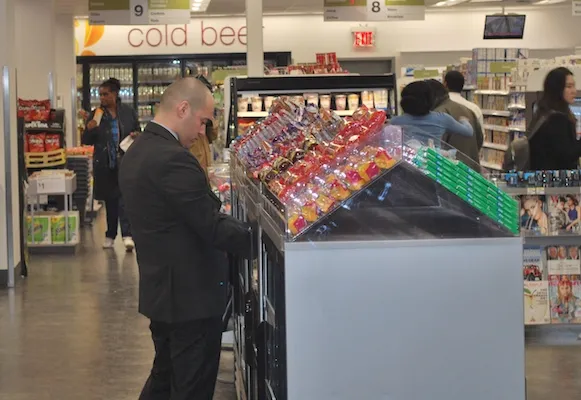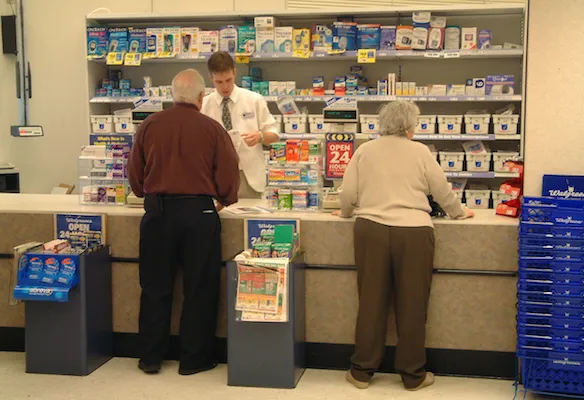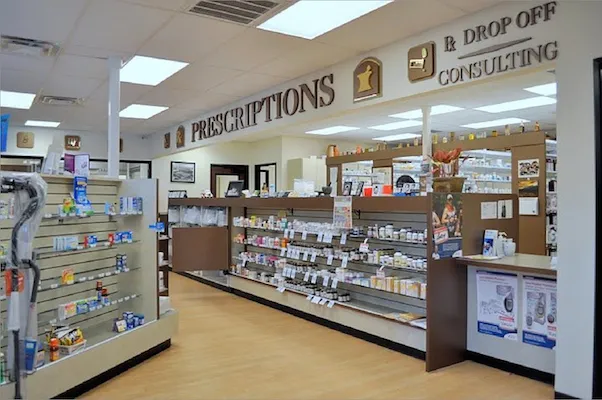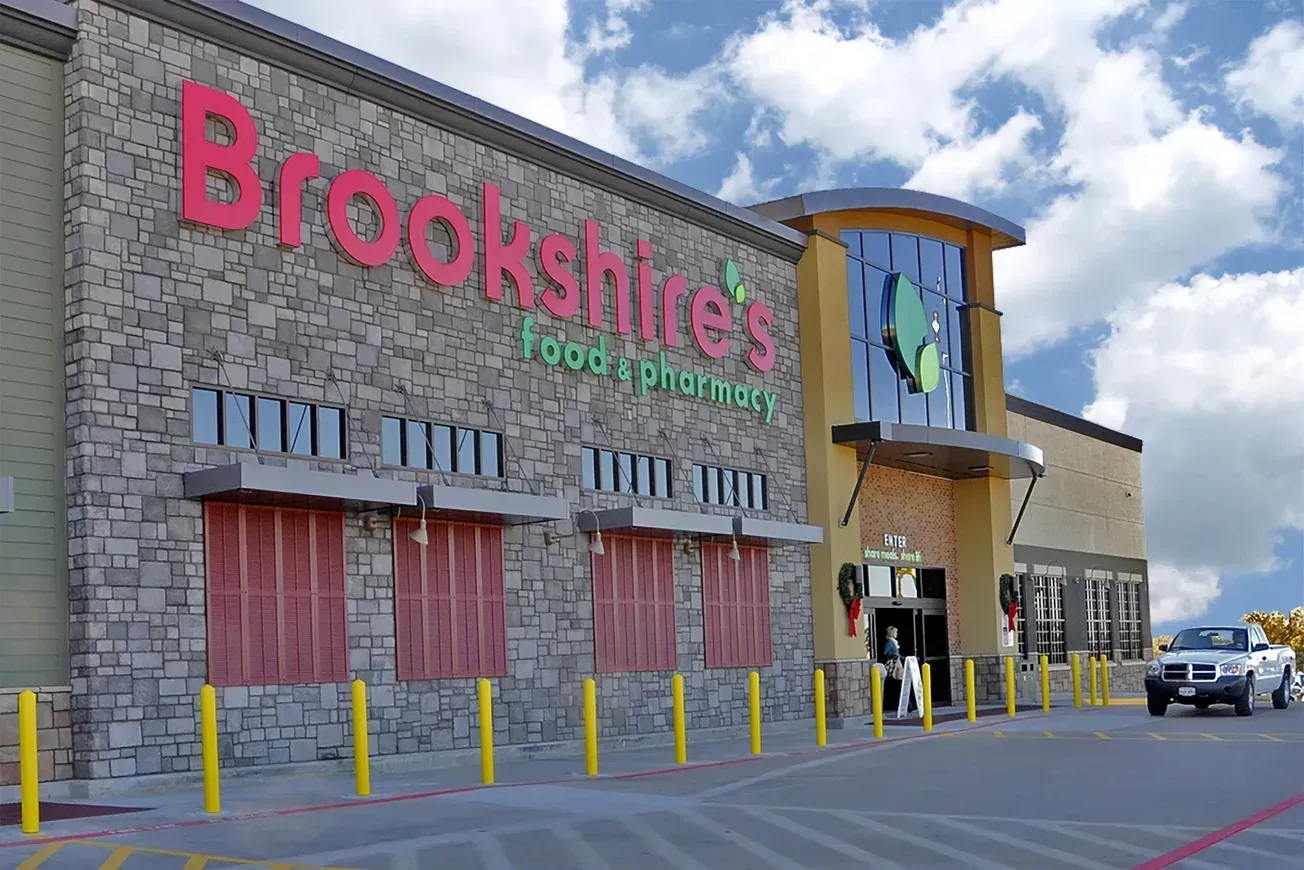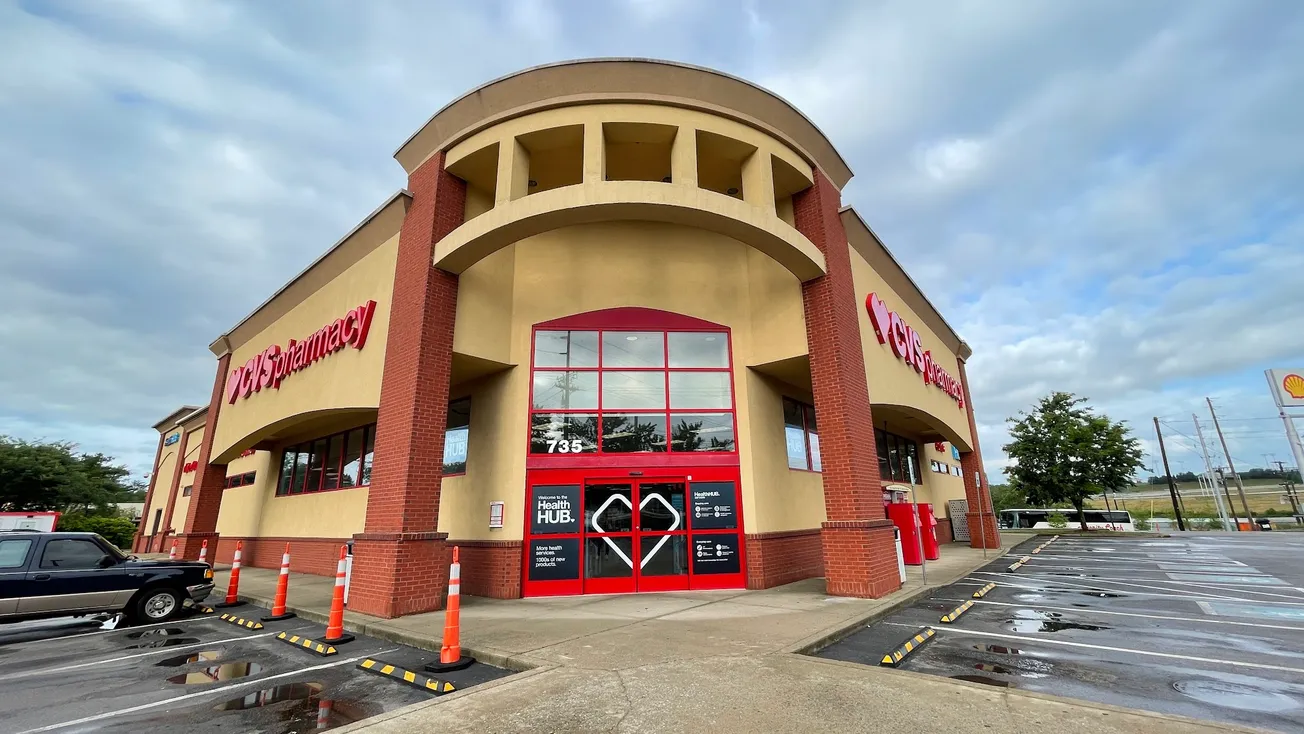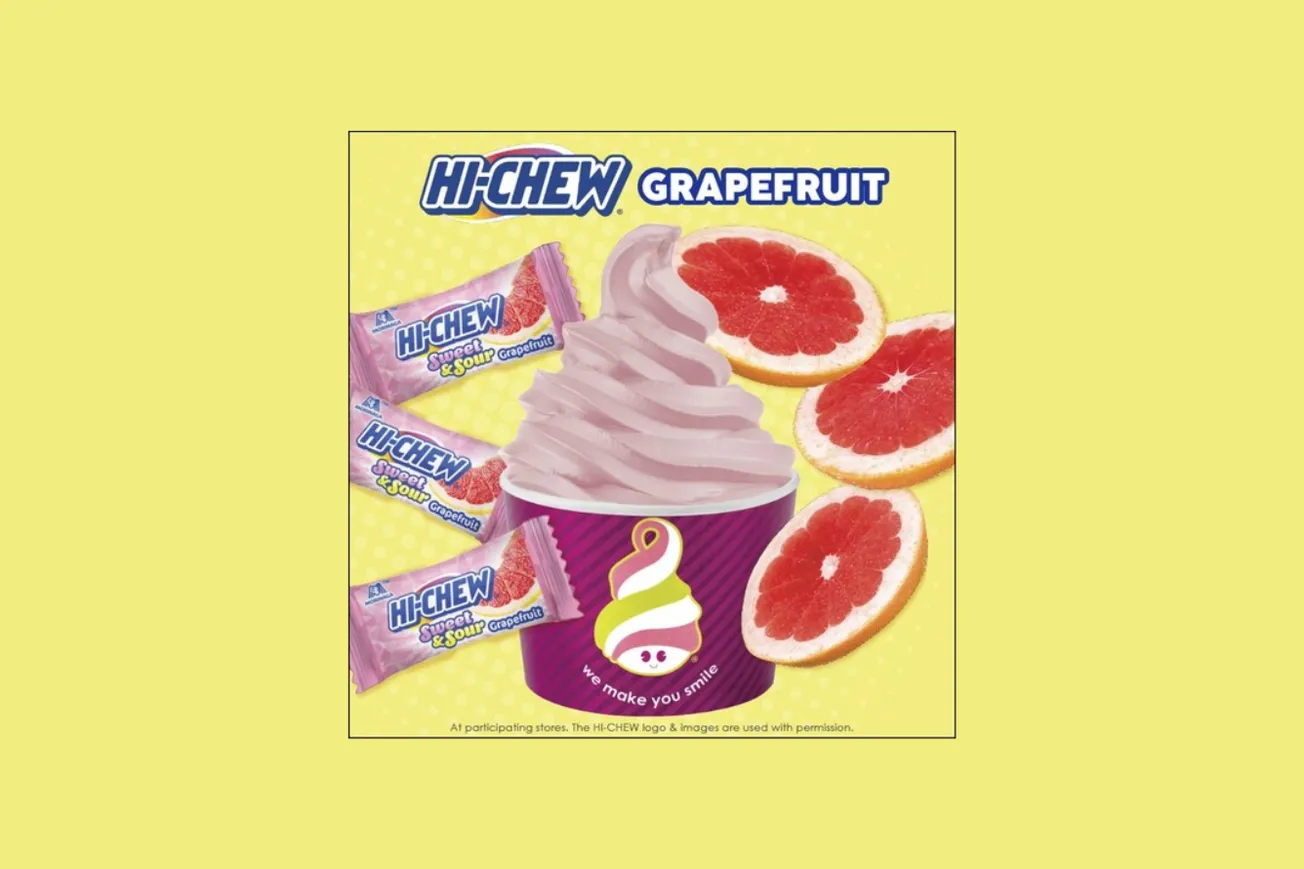
Drug abuse, including misuse of prescription drugs, remains at alarmingly high levels in the U.S. Reports of opioid overdoses and drug-related crimes and car accidents seem to appear in local headlines almost daily.
Feeding this epidemic, the National Association of Boards of Pharmacy says, are rogue Internet drug outlets illegally dispensing prescription controlled substances.
NABP’s “Internet Drug Outlet Identification Program Progress Report for State and Federal Regulators: July 2016” notes that illicit online drug sellers “hiding behind sleek websites” are making it easier for people struggling with drug abuse to purchase controlled-substance medications. However, since these rogue websites often sell counterfeit and tainted substances, buyers can raise the risk of overdose and death.
The situation is much different than the common perception that illegal purchases of prescription opioids are through drug dealers on the street, according to NABP.
“Many states have implemented responsible policies to address the opioid overdose epidemic, focusing primarily on prescribing practices and addiction recovery. Receiving less attention are the prescription opioids obtained from illicit sources. Though to a lesser extent than prescribed drugs, these illegally obtained prescription drugs — sometimes counterfeit or tainted — contribute to overdose deaths,” the NABP report said. “Some regulators have issued warnings on the availability of illegally manufactured pain medicines on the streets and the danger they pose to users. These warnings, however, rarely note that prescription opioids are also available over the Internet without a prescription from rogue Internet drug outlets. Research conducted by NABP and others suggests that diverted and counterfeit opioids may find their way to consumers by way of the Internet.”
In its review of 11,299 online outlets offering prescription drugs, NABP classified 10,823 (95.8%) as “Not Recommended” because these websites are selling prescription medications out of compliance with state and federal laws and/or the association’s patient safety and pharmacy practice standards. Of these sites, 9,589 (88.6%) don’t require a valid prescription and 6,220 (57.5%) issue prescriptions by online consultations or questionnaires only. The study found that 5,485 (50.7%) sites sell foreign or non-FDA-approved medicines and 1,366 (12.6%) dispense controlled substances.
Yet a more recent and targeted search for websites offering prescription opioids found nearly three times that percentage, NABP noted in its report. From April 1 to June 30, the association identified 138 websites operating out of compliance with pharmacy laws, and of those sites 136 (99%) don’t require a valid prescription, 115 (83%) offer foreign or non-FDA-approved drugs and 48 (35%) dispense controlled substances.
NABP’s report said that 25 (18%) of those 138 sites offer some or all of the same prescription opioids that were the focus of a study release in May by the Fisher College Criminal Justice Division in Boston.
In that project, researchers used popular search engines (Google, Bing and Yahoo), shopping websites (eBay, Craigslist, Yahoo! Shopping, Overstock.com, Etsy, Oodle, eCRATER, Bonanza, Sell.com, Blujay and Alibaba) and social media sites (YouTube and Twitter) to gauge the availability of the opioids Demerol, Dilaudid, Duragesic, Exalgo, Kadian, Lorcet, Lortab, Percocet, Roxicet, Vicodin and Zohydro. Opioids were easiest to find and readily available by using search engines, the researchers discovered. Still, no matter which online avenue was used, researchers found that the final destination was a dedicated website selling opioids illegally. What’s more, the study found that most websites engaged in opioid traffic operate at least to some extent in the U.S. and appear to be operating illegally.
In its report, NABP lauded efforts by states to address the opioid overdose epidemic, such as through programs and policies targeting prescribing practices and doctor shopping. However, the association said, a closer look needs to be made at illegal online drug sellers.
“NABP continues to work with regulators and stakeholders to help shut down rogue Internet drug outlets and eliminate the risks they pose to public health. The association has been accrediting legitimate internet pharmacies since 1999, and the .pharmacy domain name now makes it easy to identify verified websites simply by looking to the right of the dot in a web address,” NABP stated. “Granted, making it easier to identify legitimate websites will do little to discourage opioid addicts from seeking drugs through illicit sources. Education, however, might.”



